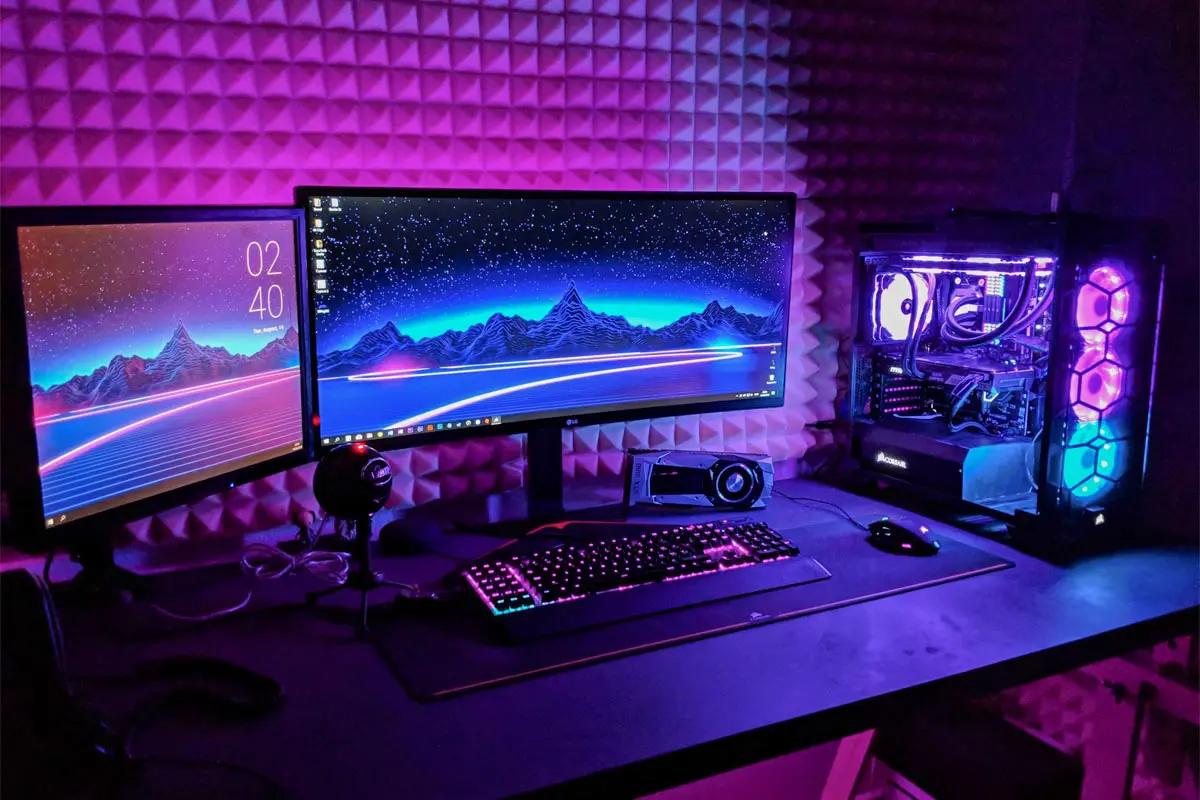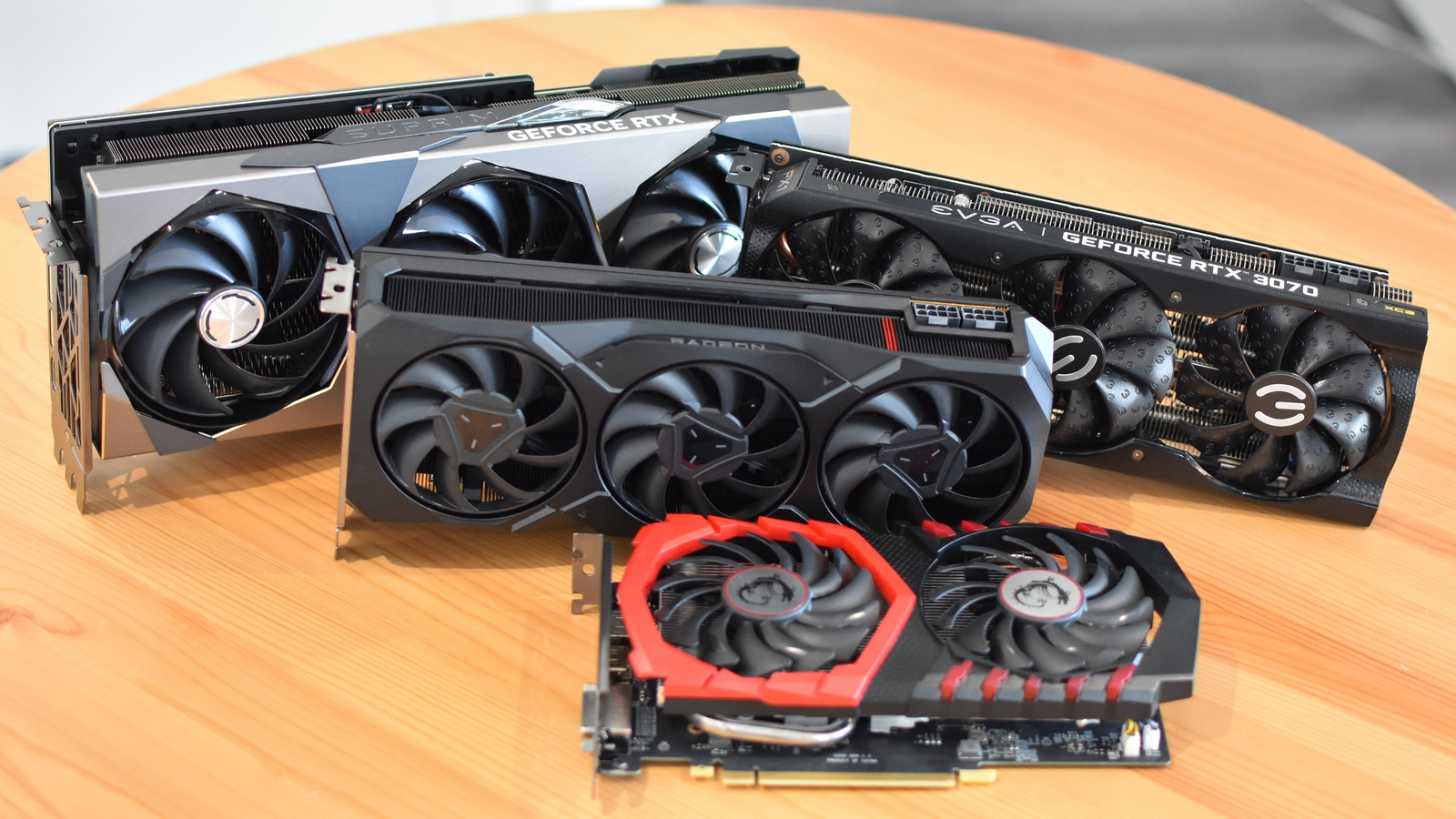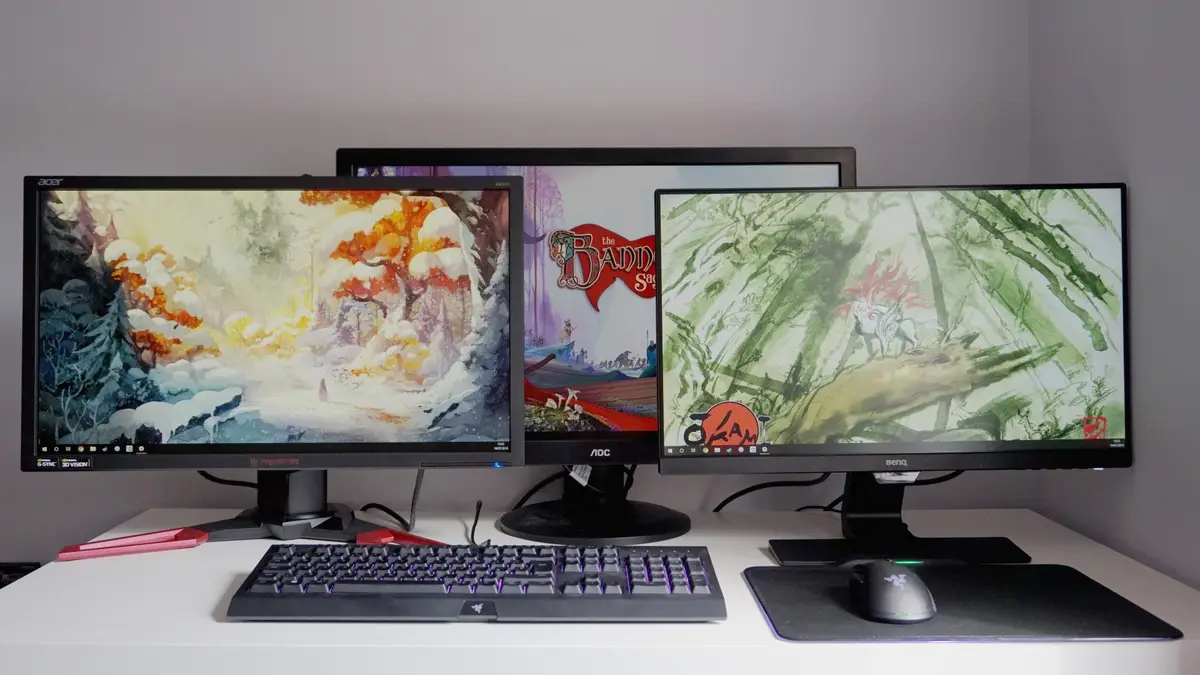Choosing the right gaming PC can be a thrilling yet daunting task, considering the multitude of options available in today’s market. Whether you’re a competitive gamer or simply looking to enjoy your favorite titles with the best graphics and performance, this guide will walk you through the essential factors to consider when selecting the ideal gaming rig.
1. Define Your Gaming Goals
Begin your quest by clearly defining your gaming goals and priorities. Are you primarily interested in playing the latest AAA titles with stunning visuals, or are you more focused on esports titles that demand high frame rates and responsiveness? Knowing your gaming objectives will help you determine the level of performance you require from your gaming PC.
2. Consider Your Budget
Your budget is a significant factor in your gaming PC choice. Gaming PCs come in a wide range of price points, from budget-friendly options to high-end gaming rigs. It’s essential to set a realistic budget and stick to it. While it can be tempting to go for the most powerful components, you can still enjoy excellent gaming experiences without breaking the bank.
3. Choose Your Gaming PC Configuration
When it comes to gaming PCs, the configuration is crucial. Here are some key components to consider:
- CPU (Central Processing Unit): Opt for a CPU that provides a balance between gaming performance and multitasking capabilities. High-end CPUs from Intel and AMD offer excellent gaming performance.
- GPU (Graphics Processing Unit): The graphics card is arguably the most critical component for gaming. Invest in a powerful GPU for smooth gameplay at high resolutions and frame rates. NVIDIA and AMD offer top-notch gaming GPUs.
- RAM: Aim for at least 16GB of RAM to ensure smooth multitasking and game loading times. Some gaming rigs come with 32GB or more for future-proofing.
- Storage: Consider both SSDs (Solid-State Drives) for fast game loading and HDDs (Hard Disk Drives) for ample storage space. A combination of both is often a practical choice.
4. Research and Read Reviews
Before making your final decision, take the time to research and read reviews. Gaming communities, tech forums, and professional reviews can provide valuable insights into the performance, reliability, and user experience of different gaming PCs and components. Pay attention to user feedback, as it can offer real-world perspectives on the gaming rig’s performance and longevity.
Conclusion
Selecting the perfect gaming PC is a thrilling journey that starts with defining your gaming goals, setting a budget, and carefully choosing the right configuration. With the right combination of components, you can enjoy a smooth and immersive gaming experience that caters to your specific preferences and needs. So, dive into the world of gaming PCs with confidence, knowing that your gaming adventures are about to get even more exciting.



